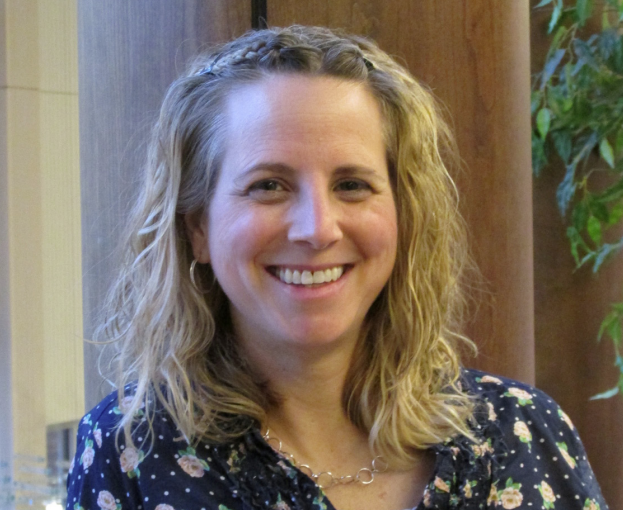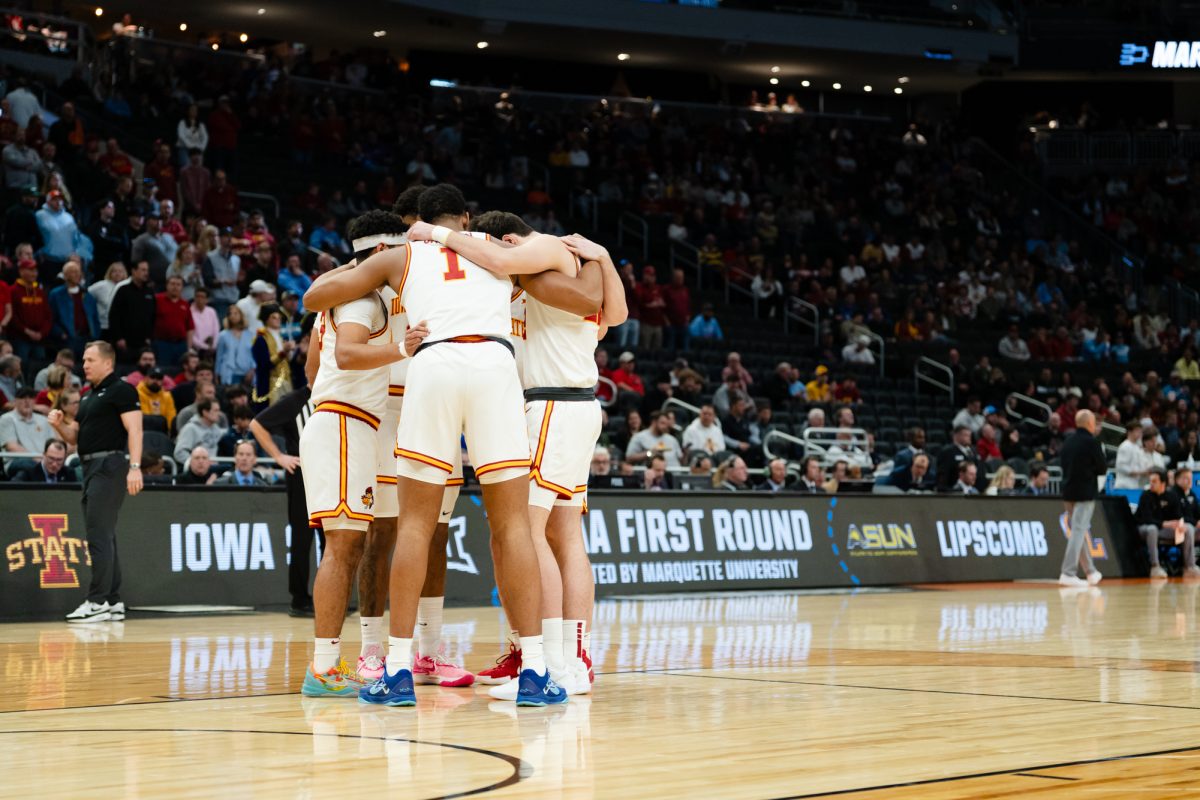Thielen Student Health Center currently expanding mental health services
Courtesy of the Thielen Student Health Center
Ranae Roberts, nurse practitioner in psychiatry, was hired at the Thielen Student Health Center in December.
January 23, 2017
Mental health services have expanded at the Thielen Student Health Center with the addition of Ranae Roberts, a nurse practitioner in psychiatry, redistribution of patients and practicing collaborative care.
The Health Center’s mental health care was only being managed by Dr. Carver Nebbe, psychiatrist, since June 2007, but Director Erin Baldwin made it a priority to extend services and added Roberts this last December.
Roberts applied to the Health Center two years ago, but shortly after, one of her family members became severely ill and she decided it wasn’t the right time for her to change employment.
When Baldwin received her position in Jan. 2016, she began expanding the staff by about seven providers. As a part of her plan to hire new positions, Baldwin called Roberts and asked her to reconsider a position at the Health Center.
“[Baldwin] was really surprising on the phone,” Roberts said. “I think it says something to have the providers that work here promote balance between work life and home life. We all kind of work on that really hard. I think it says something when your providers are happy and healthy. I think patients will recognize that.”
By doubling the mental health services, Roberts has been able to take on multiple patients, which allows more access to the Iowa State community. This reduced Nebbe’s patient size by redistributing patients between the two mental health providers.
“[I’m seeing] patients that need mental health services that includes anxiety and depression and anything that comes along with the daily stress of being a student,” Roberts said.
The Centers for Disease Control and Prevention reported that “by the year 2020, depression will be the second-leading cause of disability throughout the world, trailing only ischemic heart disease.”
One stigma that Nebbe and Roberts want to break is the idea that having a mental illness means someone is “crazy.”
“A lot of people come in and are fearful,” Roberts said. “I like to normalize their feelings, and sometimes, if you put a scientific spin on it, I think it helps.”
Even though the Health Center and Student Counseling Services cater to mental health, they are separated by their funding and specific services.
“There’s no wrong door,” Baldwin said. “If you don’t know where to start, I think it’s OK to start at either place. We work together.”
Student Counseling Services is mostly funded by general funds from the university, while the Health Center is primarily funded by student fees.
“We are funded differently, and that results in different ways of operating,” Nebbe said.
Nebbe and Roberts put an emphasis on the medical side of mental health and can prescribe medications, but they also take time to sit and talk to students who need their mental health put in perspective.
“Student Counseling Services provide counseling, or psychotherapy,” Nebbe said. “[We are] not exclusively medical, but it’s an emphasis on medical. Every encounter should have some element of psychotherapy to it.”
The duo are beginning to partner closer with the primary care providers in the health centers by having collaborative care meetings on Tuesdays. Nebbe hopes that by using the collaborative care philosophy the Health Center can improve the mental health and behavior health care.
“It involved having health specialists or health providers in a primary care setting so that you can expand mental health provision within primary care,” Nebbe said. “[We hope to] be on the same page of where we are at with mental health so we can move forward.”
While the group is only beginning the collaborative care meetings, it hopes to see where patients overlap and learn from one another’s situations. Nebbe claims that the Health Center will tailor the meetings to the needs of the Iowa State community.
“A lot of it’s probably going to be [Nebbe and Roberts] sharing their knowledge with providers about how you handle mental health patients,” Baldwin said.







